Almost everyone on the planet is into some sort of a “diet”. There are innumerable websites, other media and countless people around us sharing information, hacks and “truths” about diets and weight loss. With so much of information hitting us like a torpedo, it is easy for anyone to get confused between facts and fiction.
In most instances, this is just mis-information and not supported with appropriate scientific evidence. This type of “information tornado” phenomena has not just tripled the myths around diets, but has also given way to new ones!
Let’s look at and bust the top 10 diet myths that don’t seem to want to go away at all!
Table of Contents
Diet Myth #1 – Proteins Damage Kidneys
Try this – in a group, talk to someone about proteins and adding that to our diet. You will invariably see at least one person point out and say: But proteins harm the kidneys!
This couldn’t be further than the truth.
We are made of muscle and bones. Proteins are the building blocks for our muscle. Unlike cows and other herbivores, humans cannot create protein and therefore need to get it from food. Lack of protein will cause muscles to breakdown and in turn impact the bones as time progresses.
Proteins have a very high ability to increase satiety when compared to carbs or fats. This is one reason why proteins are the cornerstone for a healthy diet as they prevent over-eating.
Many studies have been conducted to connect kidney damage and protein levels. Studies have also shown high protein diets to prevent bone damage. There has been no evidence that proves proteins damage kidneys in healthy people.
However, for people with existing renal problems, a high protein diet needs to be treated with caution and under medical supervision.
FACT: Proteins preserve muscle and bones. It does not damage kidneys in healthy adults.
Diet Myth #2 – All Carbs are Bad
In the past media demonized fats. The recent years have seen Carbs make a steep rise in the un-popularity index.
Just like not all calories are the same, not all carbs are the same. It is important to draw a line and differentiate. Carbs that come from processed grains, sugar and starch are highly detrimental as they lack nutrition quality and satiety. Foods from these categories include – pizzas, pastas, candy, sugary food, fast foods, samosas, kachoris, naan, other Indian chaat varieties, etc.
In reality consuming a moderate amount of carbs that are rich in vitamins, minerals, fibre and have least amount of processing, provide more benefit than harm. A dietary lifestyle that includes a reasonable amount of carbs along with proteins and healthy dietary fats (like Low-Carb, Paleo or Mediterranean) is proven to be more effective for weight loss and overall health.
FACT: Eating good quality carbs in moderation will yield health benefits. Avoid refined carbs, sugar and processed foods.
Diet Myth #3 – Fats Will Give You a Heart Attack
Take a minute and ask yourself this question: Did you grandparents ever consume “low-fat” foods? Did they consume skimmed milk or low-fat coconut milk? The answer is a loud-resounding NO.
They freely consumed ghee, coconut oil, fats from meat, fresh milk from cows, and ate ample amount of freshly caught fish. They also received ample sunshine and spent much of their time in physical activities. Rarely would you find someone who was obese.
For decades we have been told that eating fats lead to gaining fat. This “Fat shaming” has given rise to countless “low-fat” foods that are highly processed and contain added sugars and other chemical substances. These products are way more harmful than consuming naturally occurring fats.
We only need to be wary about Trans Fats – a by-product of hydrogenated oils and very commonly used in processed foods. Studies have linked Transfat to the high rise in Cardio Vascular Diseases. Another type of fat best avoided are hydrogenated oils (also known as vegetable oils) and refined oils from seeds.
Multiple studies have shown over and again that Saturated Fats are NOT linked to heart diseases.
FACT: Healthy and naturally occurring fats from nuts, seeds, meat, dairy and eggs do not cause heart disease. Avoid vegetable oils, hydrogenated oil and refined oils from seeds.
Diet Myth #4 – Egg Yolks and Ghee Will Increase Your Cholesterol
Cholesterol is a natural nutrient necessary for the effective functioning of our body. It is integral to every single cell in our body, without which we won’t exist.
It is also essential for these functions:
- Production of vitamin D.
- Production of steroid hormones like estrogen, progesterone and testosterone.
- Production of bile acids, which help digest fat.
The liver produces cholesterol in large amounts. When the dietary cholesterol intake is more, the liver produces less. When the intake is less, the production is more. Hence a balance in maintained.
Naturally occurring cholesterol in eggs reduce inflammation in the body and are proven to reduce LDL markers. In combination with Low Carb diet, eating eggs have shown increased improvement in insulin sensitivity and improved HDL and other heart markers.
Regular consumption of eggs and ghee will give more benefits when combined with a nutritiously balanced diet.
FACT: Dietary cholesterol from natural sources of food does not increase body’s cholesterol levels.
Diet Myth #5 – You should never skip breakfast
Never Skip Breakfast – is a mantra that almost everyone chants.
Many food companies have taken heavy advantage of this mantra to push sugary, processed foods as breakfast, leading people to load up their plates with cereal boxes, granola bars and sugary smoothies. Foods like these are the main culprits for excessive weight gain due to their high sugary content.
Recent research has indicated that when one skips breakfast, they tend to eat fewer calories. Another study also observed that when a few women in the trials were asked to eat breakfast regularly, they gained 2 pounds.
Other studies show that increased food intake in the morning with reduced eating frequency during the rest of the day is also very beneficial and reduces inflammation.
Regardless of what these studies indicate, it is important to understand your body needs first.
If you are a breakfast person, make healthy choices and ensure that your breakfast is loaded with proteins to keep you feeling fuller for longer.
If you are someone who prefers to break your fast later in the day, continue the practice. Research has shown that practices like Intermittent Fasting (with 12-16 hours gap between meals) provide many benefits including reducing inflammation.
FACT: Breaking Fast as soon as one wakes up is not mandatory for staying healthy. Having healthy meals according to your hunger is key.
Diet Myth #6 – Eating Multiple Meals in a Day Will Help You Lose Weight
Many people follow this approach to stay healthy. Having said this, it doesn’t mean that this is the right approach for everyone. One size does not fit all.
Our traditional practices followed limited meals with periodic fasting (no food intake) intervals. People tended to be healthy without suffering from the ill effects of over consumption.
The frequency of your meals does not matter as long as you are getting sufficient energy intake for the day, without an overdose. For instance, it is absolutely fine if one is consuming just 2 major meals & a small snack in a day. What is more important is to ensure the meals are balanced and have the appropriate proportion of carbs, proteins, fats & micro-nutrients that meet the body’s energy & nutrition requirements.
However, this needs to be carefully considered and implemented under medical supervision for people with diabetes, IBS, heart problems, pregnant women, etc.
FACT: The frequency of your meals does not matter as long as you are getting sufficient energy intake for the day and the meals are nutritious.
Diet Myth #7 – Jaggery & Honey Are Better Than White Sugar
It is true that white sugar is slow poison. It has made numerous weight watchers and health conscious people to switch to Jaggery and Honey as substitute sweeteners.
Let’s quickly look at a few parameters:
Calorie Density:
All the 3 products have similar calorie density.
They contribute to empty calories and have zero satiety – meaning even when you consume them in high quantities, you will not feel full. They also have a tendency to trigger craving and make you want to eat more.
Nutrient density:
Raw honey is unprocessed and Jaggery is less processed than sugar and can be considered to be more natural. They do have a better nutrient structure when compared to white sugar. Ayurveda has used honey in medicine for its therapeutic properties and is known to soothe sore throat and cough.
All 3 ingredients cause insulin spikes. Eating foods that consistently spike insulin leads to insulin resistance which is the precursor for obesity and diabetes.
Conclusion:
If you are looking to lose weight and stay healthy, it is best to avoid all the 3 types of sweeteners.
However, considering that honey and jaggery do have trace amounts of nutrients when compared to white sugar, it may be ok to have an occasional sweet in moderation when it is made with either of these two ingredients. Binge eating sweets or overloading on jaggery and honey will result in the same effect as sugar.
Diet Myth #8 – Juices Are A Good Replacement For Meals
To lose weight, one needs to reduce calories. Juices are naturally low in calories. Going on a juice diet “may” help a person lose weight rapidly, in the short term. But this method is a “fad” approach and not sustainable. Here’s why:
- A juice lacks proteins and fats that are essential for sustenance.
- Rapid weight loss in the long term is unhealthy as it would lead to muscle loss as well.
- Juice diets are also low in other nutrients and can also interfere with the body’s absorption of nutrients.
- It will lower metabolism and the person has high probability of gaining more weight when they go off the juice diet.
- Drinking your calories provides lower satiety levels when compared to chewing and eating solid food.
- Pure fruit juice can spike sugar levels and increase chances of diabetes and weight gain.
FACT: Eating a well-balanced meal and proper chewing of food is essential for long term weight loss, digestion and good health.
Diet Myth #9 – All Calories Are The Same
To a logical mind, a 2000 Kcal pizza would seem the same as 3 dozen eggs. But, to the body, both these are polar opposites and are processed very differently.
Different foods are metabolized differently by the hormones and also have a different impact on hunger levels.
For instance: You are hungry and you need to choose between 2 bananas (~ 150 Calories) vs. a bag of potato chips (~200 Calories). Which one would you choose?
Eating 2 bananas will keep you fuller for longer. Apart from being tasty it also comes with a host of highly beneficial minerals and vitamins that contribute to the body’s wellbeing.
On the other hand, eating a pack of chips will probably make you feel good for the next 15 minutes. But eventually, you will reach out for something more substantial because you are still feeling hungry and do not have the feeling of fullness despite having eating more calories than the banana.
FACT: Different calorie sources can have vastly different effects on hunger, hormones, energy expenditure and the brain regions that control food intake. Quality, satiety levels and nutrition factors are more important than just the calorie number.
Diet Myth #10 – You Should Never Cheat On A Diet
Eating healthy does not mean that a person should abstain from sweets or indulging in processed food. A cheat meal or an occasional indulgence involves giving yourself planned permission to give yourself a small break from your dietary pattern. It also involves in knowing how much to consume and when to stop.
A sustainable dietary practice is one that is long term and involves lifestyle changes as part of an everyday routine. If you are already following a healthy lifestyle and do not have any health problems, it is definitely alright to enjoy an occasional sweet or treat in moderation.
FACT: Approaching a cheat meal strategically is an effective way to keep oneself motivated to stay healthy for longer and ensuring that a cheat meal is only an occasional treat.
This is just the tip of the iceberg. There are many other floating around. In order to take our health seriously and want to adopt healthy practices, we need to approach it in a very scientific or rational manner.
If you are looking to build a healthy lifestyle, shed some weight and manage your blood sugar levels, with a step-by-step structured program that is backed with scientific approach, check out this page.
Follow us on social media for regular updates on health and wellbeing.
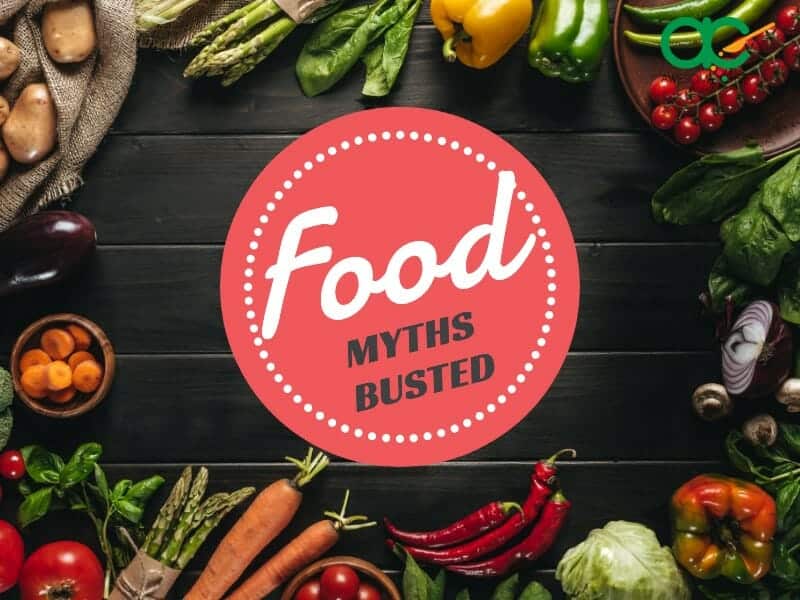
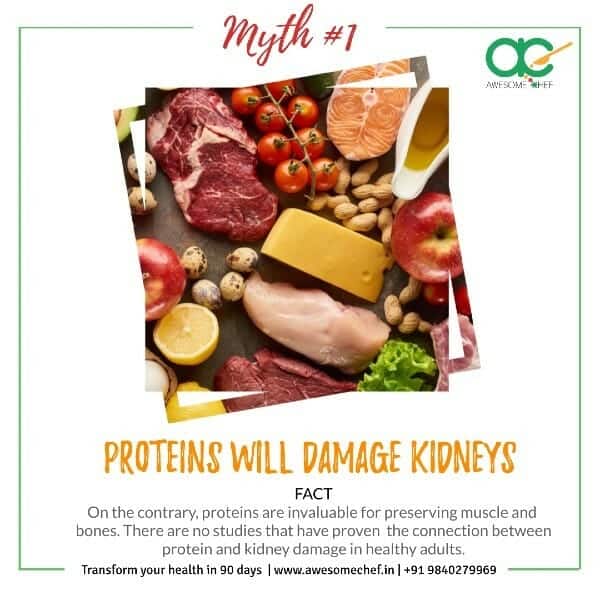
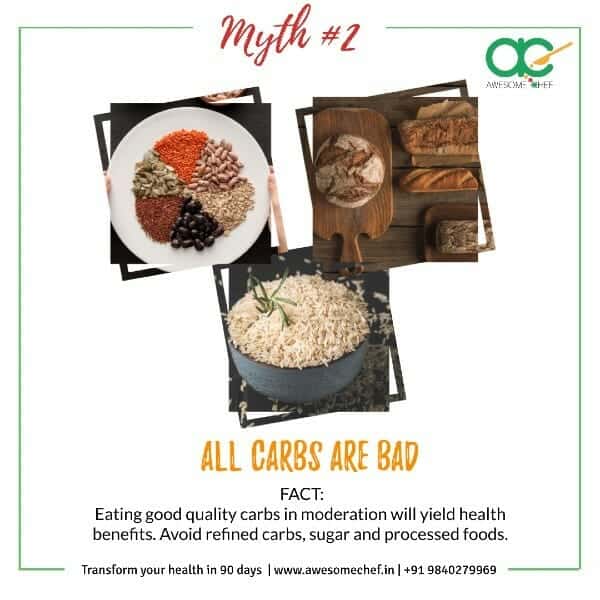
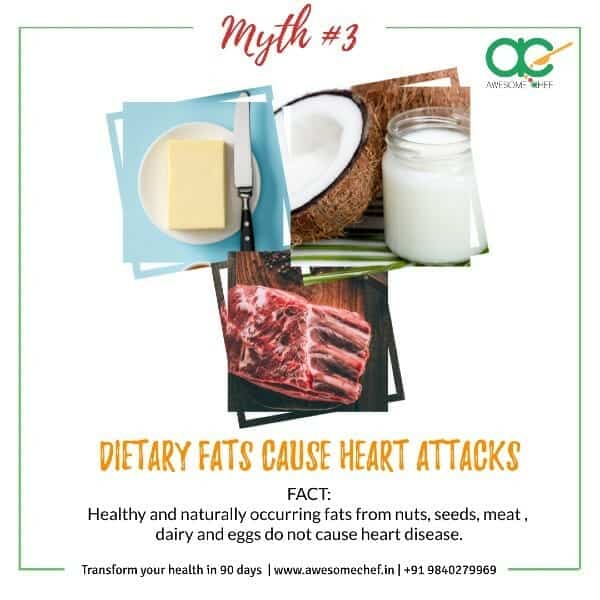
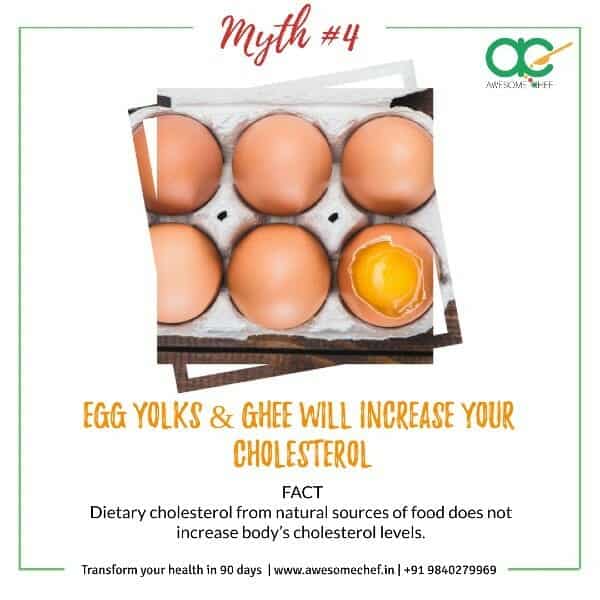
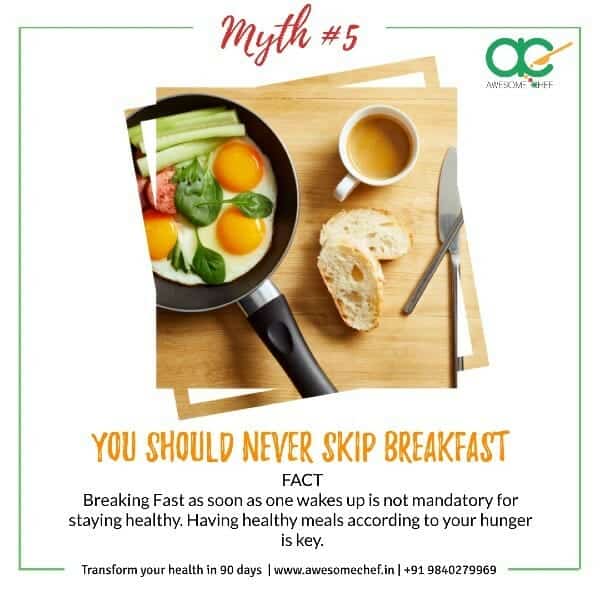
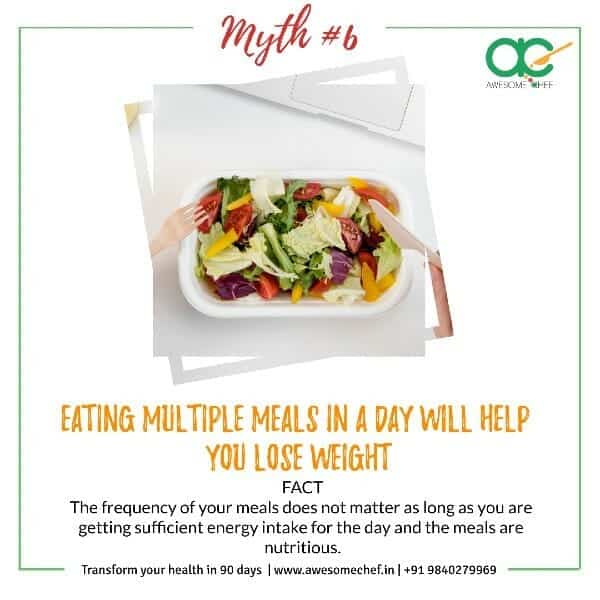
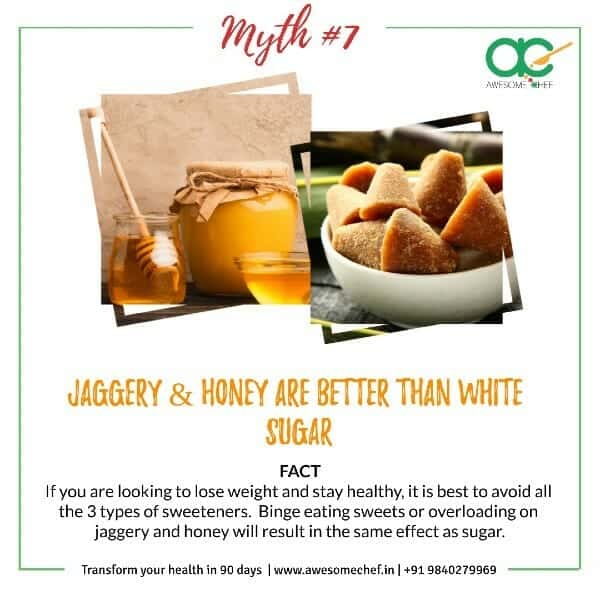
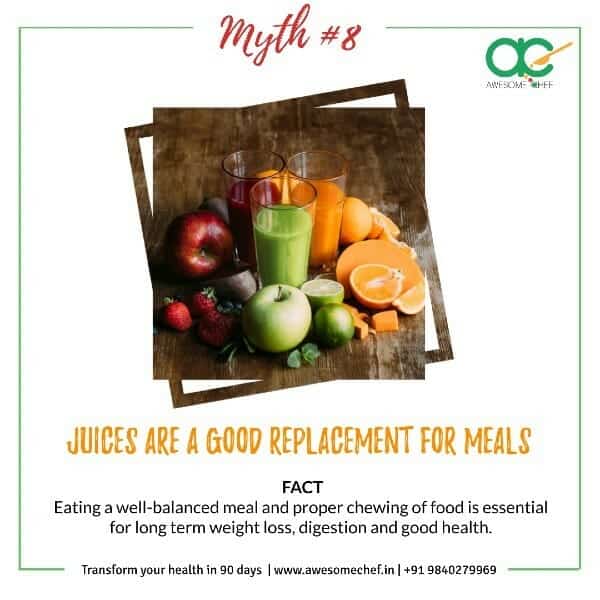
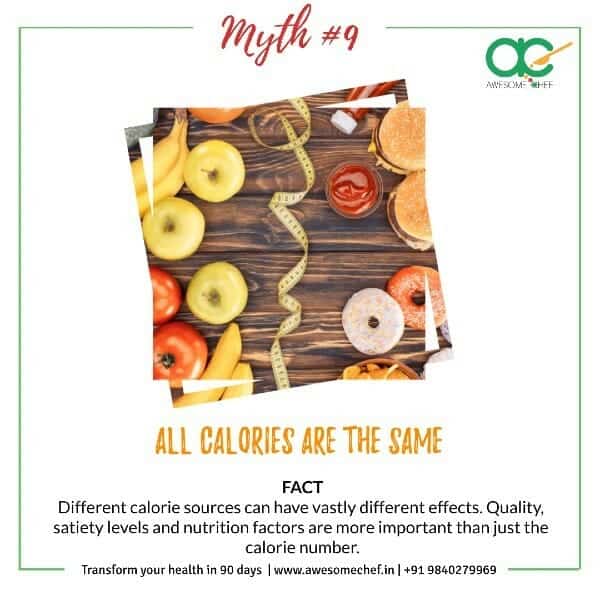
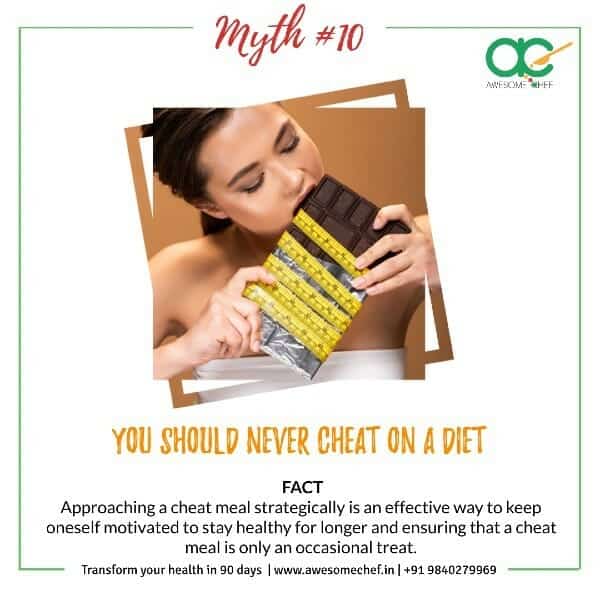
1 comment
Very good information and nice.